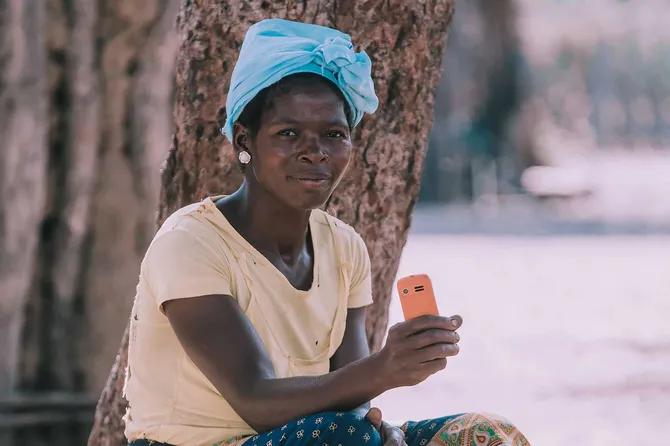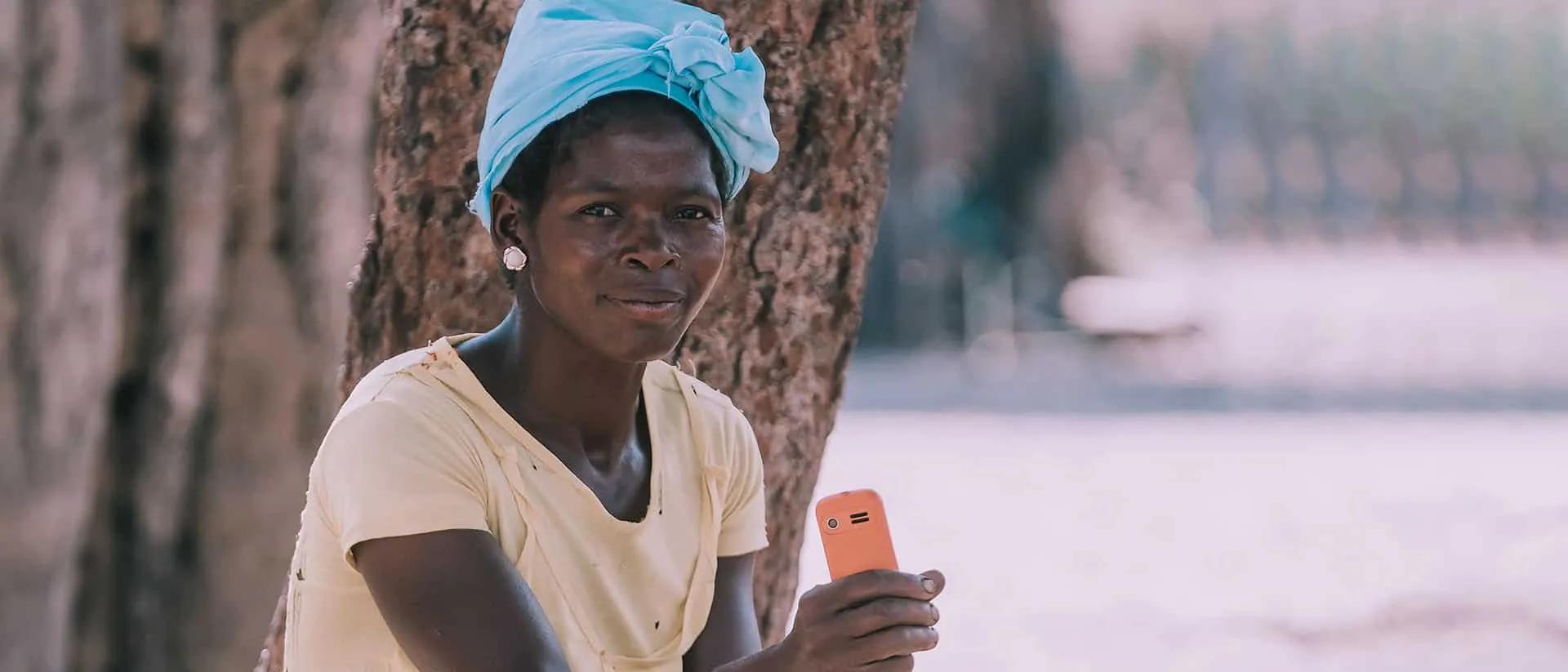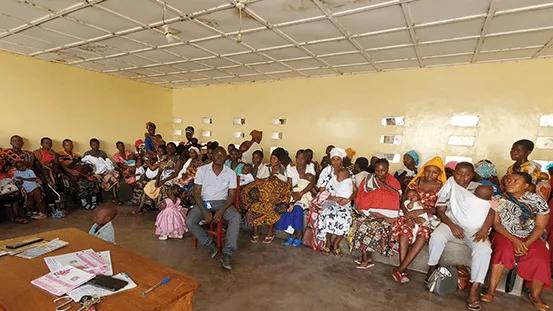Benin
Health
Training dogs to detect breast cancer, a method for screening disadvantaged women in Benin
Impact
News and Insights
In Tanzania, the social enterprise Wezesha has developed a mobile app to collect data on patients' experience of care in primary healthcare facilities. The aim is to improve care in these institutions, which represent the first link in the healthcare chain in Tanzania, by using data collected and geo-located in real time. Wezesha has already run an initial pilot financed by FID, with conclusive results. This Stage-2 funding will be used to evaluate the program’s impact on the quality of health services, as well as working and use conditions, and health indicators among the most vulnerable groups.
Project ported by:


In Tanzania, 51 million people – out of a total population of 65.5 million – rely on the country’s 6,000 public primary healthcare facilities for essential medical care. Access has significantly improved, with 72% of people now living within 5km and 93% within 10km of a healthcare facility (Kahabuka et al., 2012). Rural communities and low-income groups are particularly reliant on these facilities, with children and women being their main users for antenatal and early childhood care.
The Tanzanian government has implemented a strategy as part of its “Development Vision 2025” which emphasizes the importance of listening to patient feedback, and promotes the integrity, accountability and transparency of health workers. However, at present, not enough feedback is being collected, and the little data available is not being put to optimal use. The aim of the Digital Health Strategy 2019-2024 is to introduce innovative digital solutions to effectively transform the Tanzanian healthcare system.
In partnership with the Ministry of Health in Tanzania, the Ministry of Local Government in Dodoma and UNICEF Tanzania, Wezesha has developed and piloted a free digital SMS survey platform based on the services provided in public healthcare facilities.
With funding from FID via a Stage-1 grant, the pilot assessed patients’ level of engagement with the service and its use by healthcare professionals in antenatal and early childhood care. The survey was co-designed with senior public officials from the Ministry of Health to ensure that the data collected is aligned with the strategic priorities of the healthcare system and can be integrated into existing tools.
Wezesha has developed an innovative mobile app which surveys patients via SMS following treatment at a primary healthcare facility. The collection and processing of this patient feedback should result in more effective management of healthcare services by:

During the pilot phase, the platform was trialed in 135 facilities across two districts of the Dodoma region of Tanzania between July 2022 and March 2023. The project team collected 70,000 data points, with responses from approximately 5,000 women, i.e. 28% of the target population, representing a major step towards reaching the government's target of 30%. The use of feedback data by health care facilities increased from 44% in October 2022 to 60% in February 2023, reflecting the higher demand for this kind of service. In addition, 71% of survey users said they had more trust in the healthcare system.
With this assessment, Wezesha hopes to demonstrate that collecting and sharing patient feedback improves service quality and user satisfaction. In terms of the program's proof of impact, the aim is to show that this platform can influence the behavior and attitudes of various stakeholders, such as:
Projects
Projects funded by FID